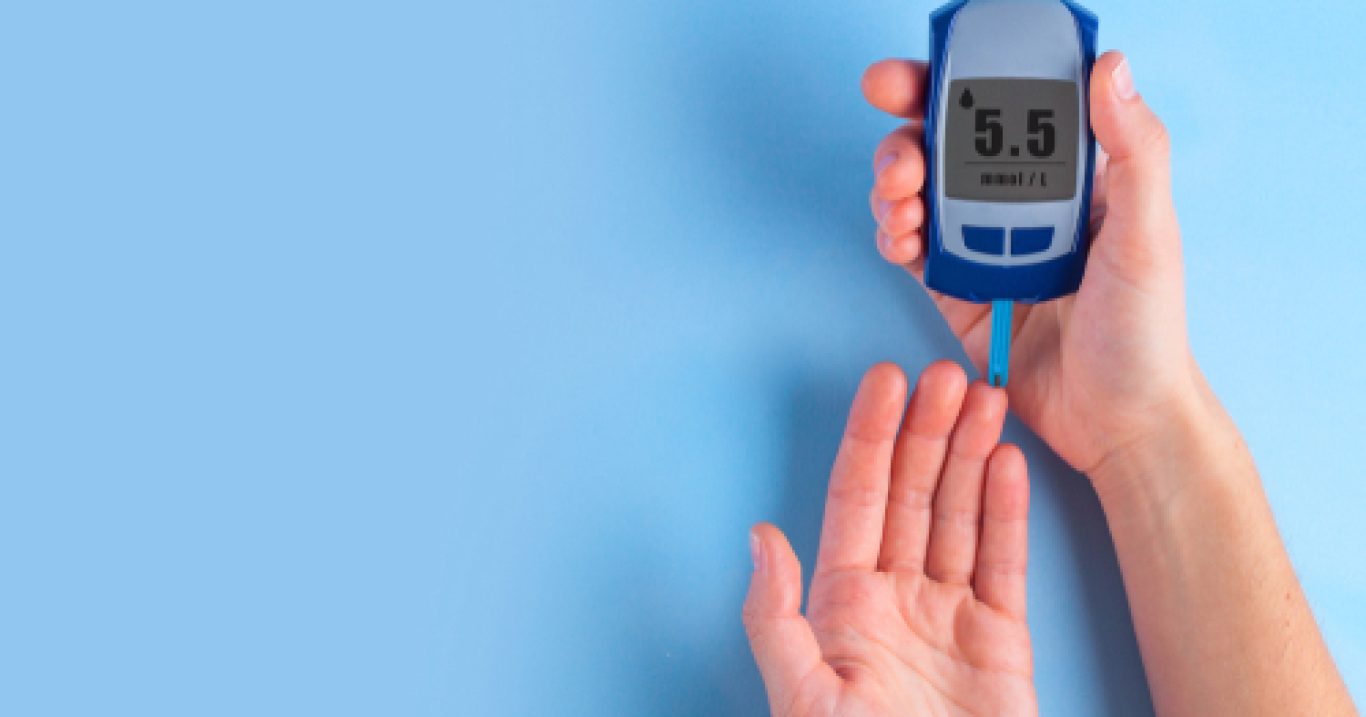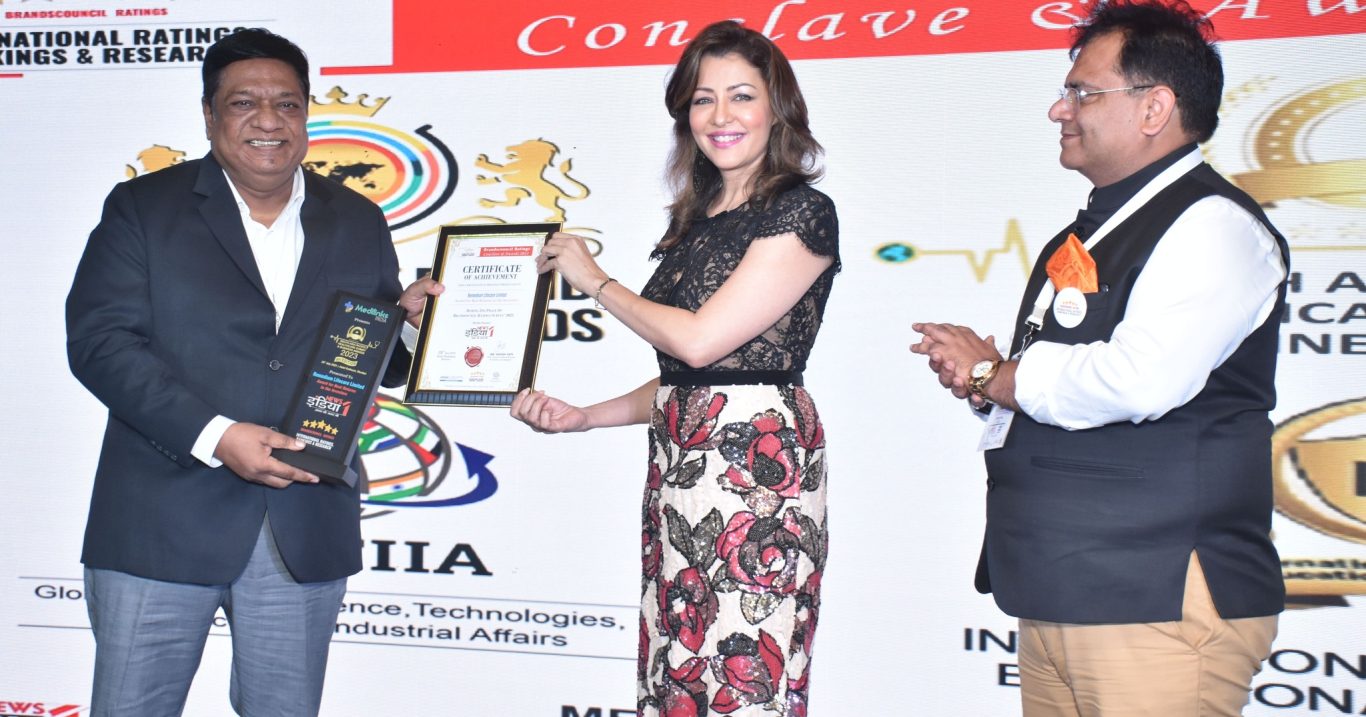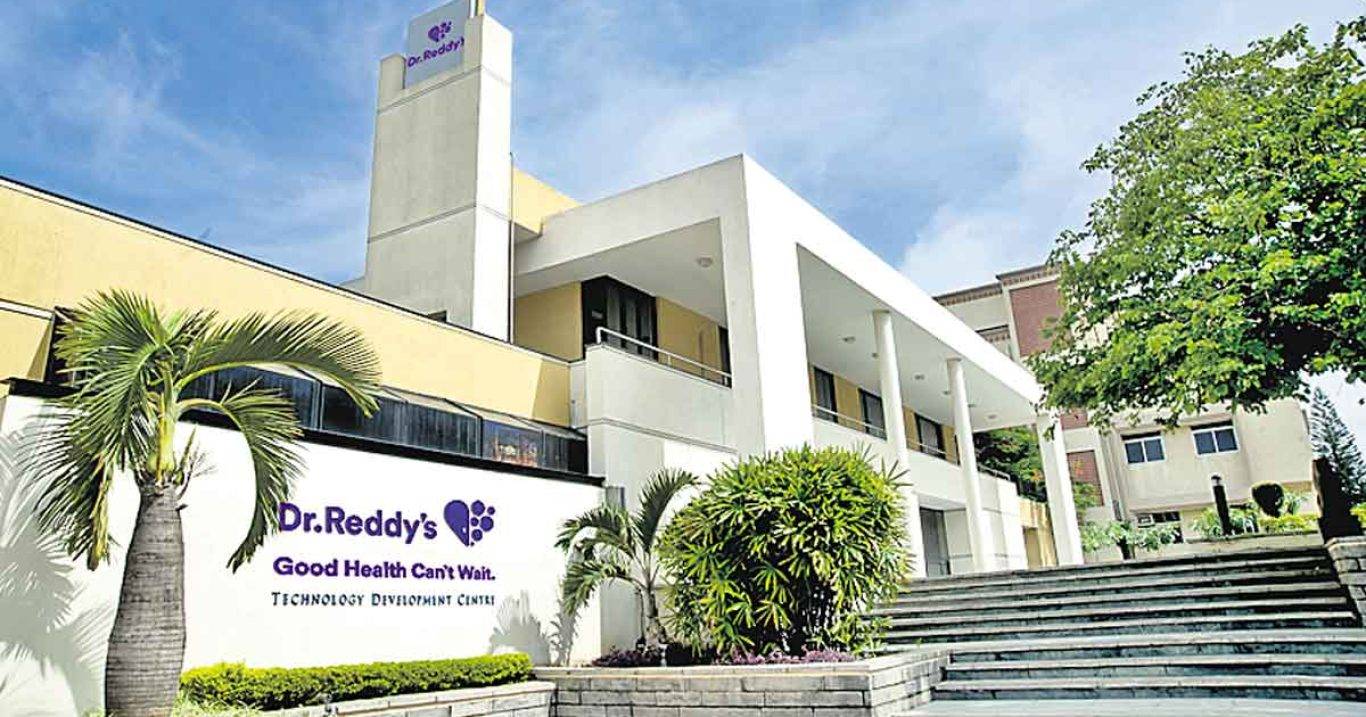Price Control of Medicines are detrimental for India’s Healthcare Growth Story & Drives – Kewal Handa, MD, Pfizer & Wyeth India.
Price Control of Medicines are detrimental for India’s Healthcare Growth Story & Drives – Kewal Handa, MD, Pfizer & Wyeth India.
Health Insurance & Availability should be the focus & not the Govt’s Draft Policy. Canada & Philippines growth is due to non-Price Control.

Maharashtra, Mumbai, Friday 6th January 2011 : Union Health Ministry’s plan to bring 348 drugs of the National List of Essential Medicines (NLEM) under price control is facing stiff resistance from the pharma industry. A close scrutiny will reveal that around 75% of the industry will come under price control in case the draft National Pharmaceuticals Pricing Policy (NPPP, 2011) is pursued in its present form. Cautioning that it will cripple the pharma sector, Kewal Handa, said the government estimates that the new policy would bring 60% of the Rs 48,200-crore domestic formulation industry under the pricing control compared to 20% earlier. The ministry says, more than 300 drugs were under the Drug Price Control Order (DPCO) in the early 1980s that was subsequently reduced to 140 in 1987. At present, prices of only 74 bulk drugs and formulations, containing any of these scheduled drugs, are under the price control regime. Once a medicine is brought under DPCO, it cannot be sold at a price higher than that fixed by the government. NLEM has 348 medicines that cover 489 formulations, including 16 fixed-dose combinations. These drugs are considered to be adequate to meet the common contemporary health needs of the general population.
Addressing at 4th Annual Pharmaceutical Leadership Summit & Awards 2011 in Mumbai (www.pharmasummit.in ) organized by Asia’s leading Pharma bi-monthly Pharma Leaders Magazine ( www.pharmaleaders.co.in ) , Kewal Handa, Managing Director of Pfizer & Wyeth, Handa said Price Control has become redundant & is unnecessary & instead it will create more troubles & hit the healthcare Industry. In an exclusive Keynote address Handa said The DPCO 1995 has been there for more than a decade, what is the learning of all these in the past, the number of players that were there in DPCO has been substantially come down & the number of molecules have also drastically come down. The number of new introductions in the old DPC0 ( Drug Price Control Authority) are less than that which are there in outside purview of DPCO. Ironically One Third of the products that are there in 1995 have gone to China. Therefore price control does not work & If you look at the global experiences, you will find the correct assessment. Lets look at Canada when the price control was introduced, in a span of three years the Research & Development ( R & D) came down by 50%. Look at Brazil, you will find there also similar experience . And the prices in Philippines are reduced almost by 50 % & who got benefited of all these exercises, the Branded Generic players, the movers from Generics to Branded Generic Players. Now we have a similar experience in India, which is difficult to understand, as the reason given to reduce the price is quite disturbing . If you look at the history of price rises in India since last five years you will see clearly that the price rise is not more than 2% in DPCO as well as in the non DPCO Categories. And if you look at the competition, it is very intense & fierce , for every molecule we have not less than 50 players competing & if that’s the scenario in india where the prices are lowest in the world, is there the need to reduce the prices? Is there a need to bring everything to a single conversant price?? do you want to accommodate our healthcare industry. Do you want to play with the lives of the people cautions Kewal Handa.
He goes on to say that today we need a different treatment, we need to increase our accessibility, we need to increase our availability & more importantly we need to provide Healthcare Insurance to the needy who cant afford to medical treatment . Almost 60% of Indian population can afford to have mobile phones & there is only 15 % of Indian population who has health insurance & this 60% of people who own mobile phones takes the health coverage & the rest are denied of their basic needs& on the light of the above I don’t think so there will be any need for price control or price reduction. All that you need is critical mass coverage. We need to think & debate how to get this critical mass so that chronic diseases can be covered so that middle class population can avail of affordable medicines. The large chunk of Indian population should get access to basic medicines. He concludes saying “I believe that discussion should be on partnership & Accessibility & india has a very good track record of Price Control which is self regulator. I think the Govt should leave it this method as it is”.










